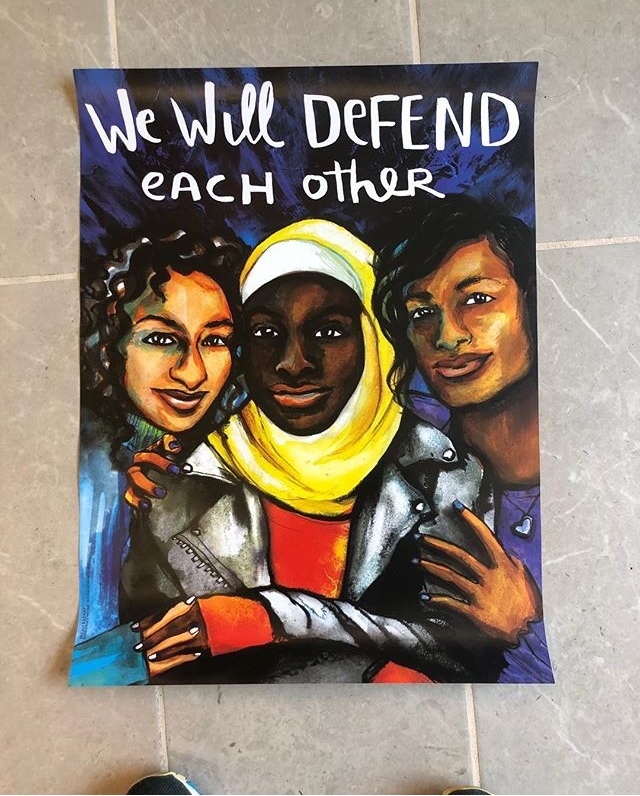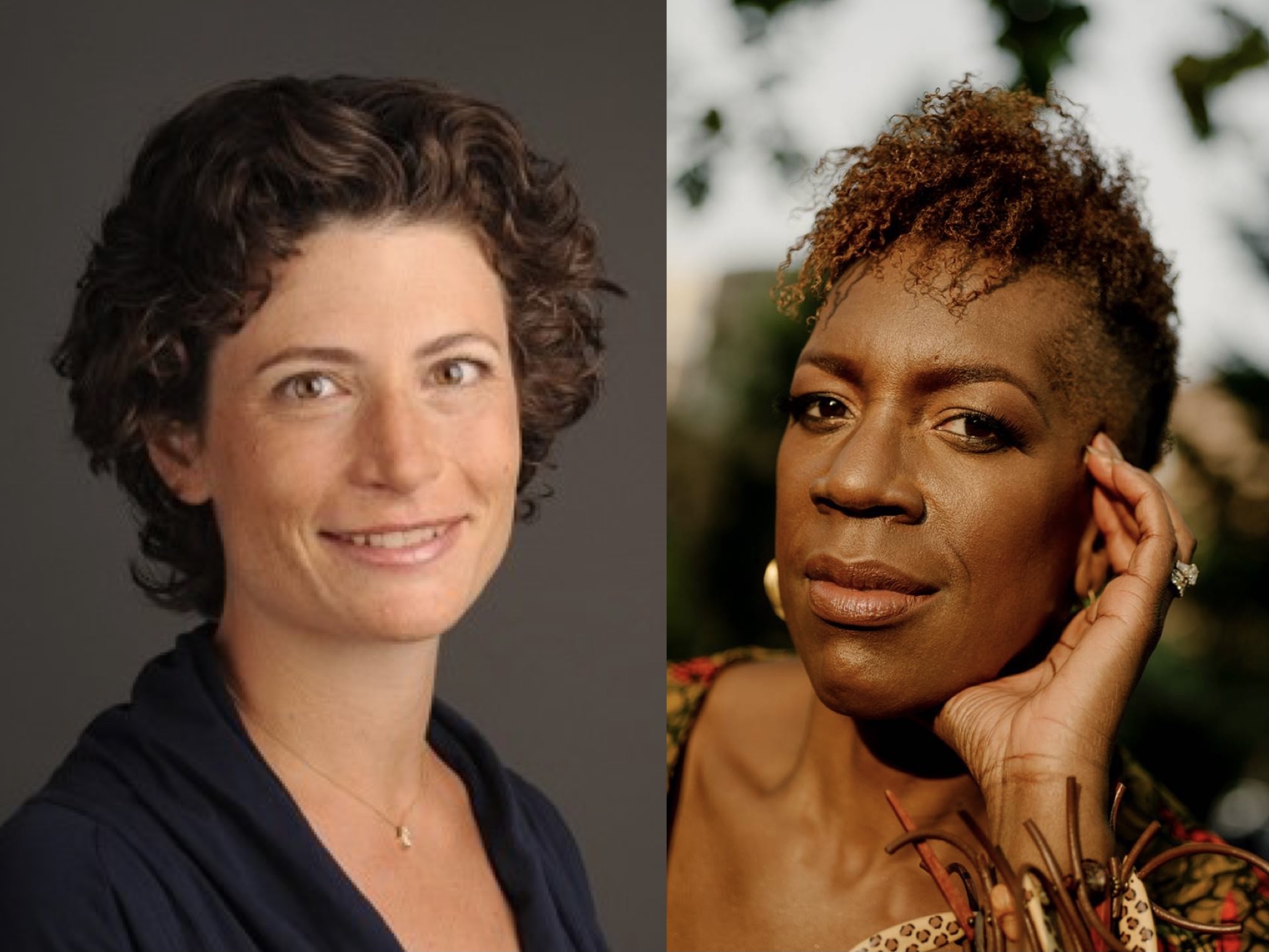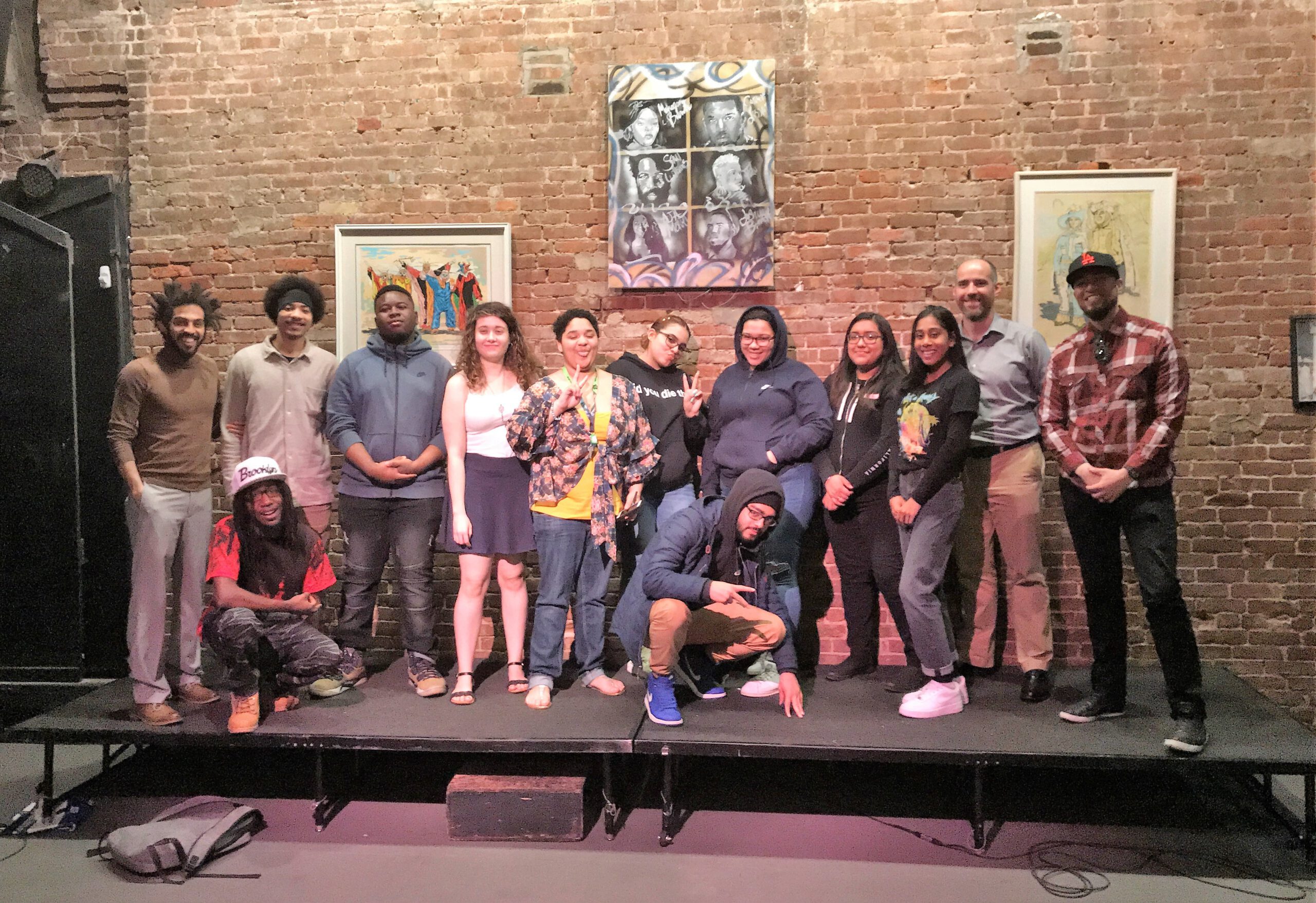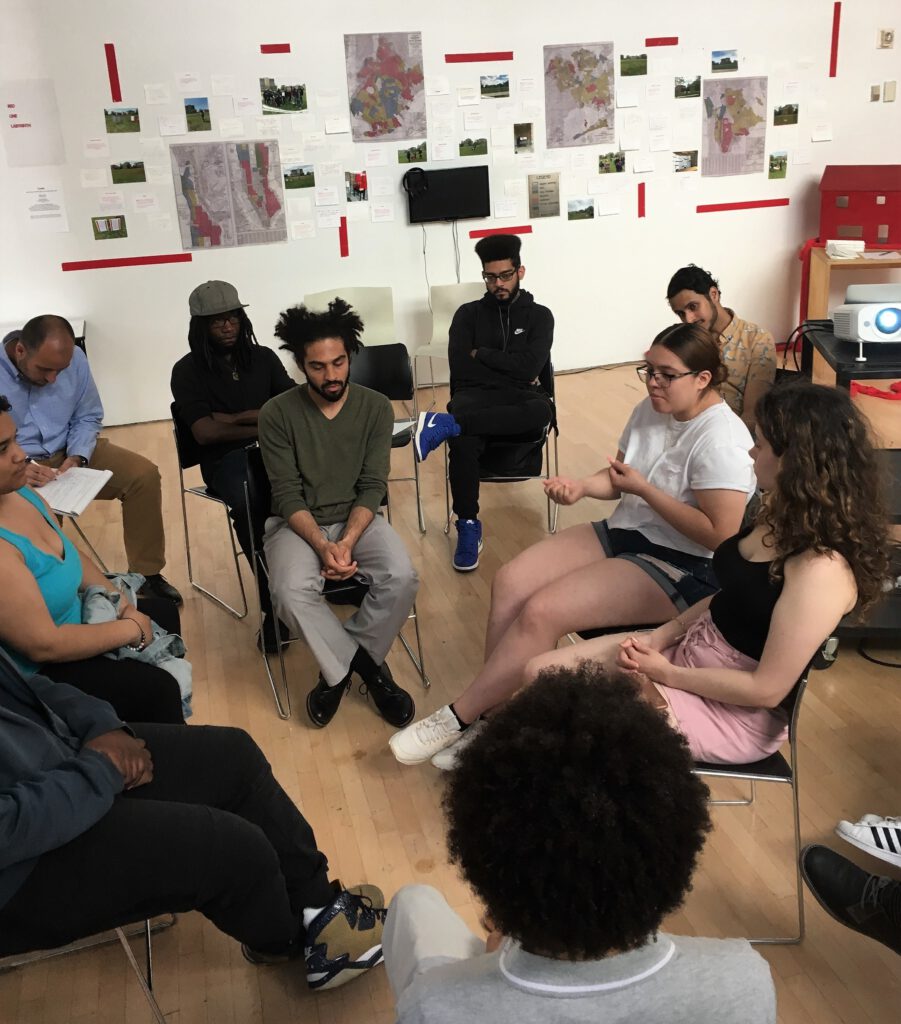Environmental Ethics

Environmental degradation and harm are among the most formidable challenges facing humanity in the 21st century. Students will critically engage classical, modern, and contemporary discourses on the relationship of humans to the natural environment. This class will evaluate a range of philosophic, economic, and scientific perspectives on environmental sustainability, giving attention to the environmental challenges specific to New York City.
In this course, we will critically evaluate our relationship to the environment and discuss our role as individuals, community members and scholars in interacting with the natural world. Through the study of a wide range of materials, we will exchange perspectives on thoughts and practices around environmental challenges on every level: global, community and individual. The course includes a survey of major theories including biocentric individualism, holism, ecofeminism, and indigenous ethics and a comparison between differing ways to evaluate environmental ethical judgments including environmental justice, cost-benefit analysis, the logic of scarcity, risk-assessment of novel technology, and the virtue of simplicity as well as applications to contemporary issues, such as global climate change, pollution, wilderness preservation, food justice and urban growth and technology.
As part of the Pressing Public Issues project, students will work with artist and activist, Vaimoana Niumeitolu to create original written and visual pieces based on issues raised by these environmental relationships for presentation in public spaces in their communities.
Co-sponsored by the James Gallery, the Teaching and Learning and Center, and the CUNY Humanities Alliance.
Participants
Related Events
Panel Discussion
Sustainable Thinking in Practice: Fashion, Cultural Industry, Labor, Immigration

***openingReception***
Pressing Public Issues Discussion and Exhibition Reception



